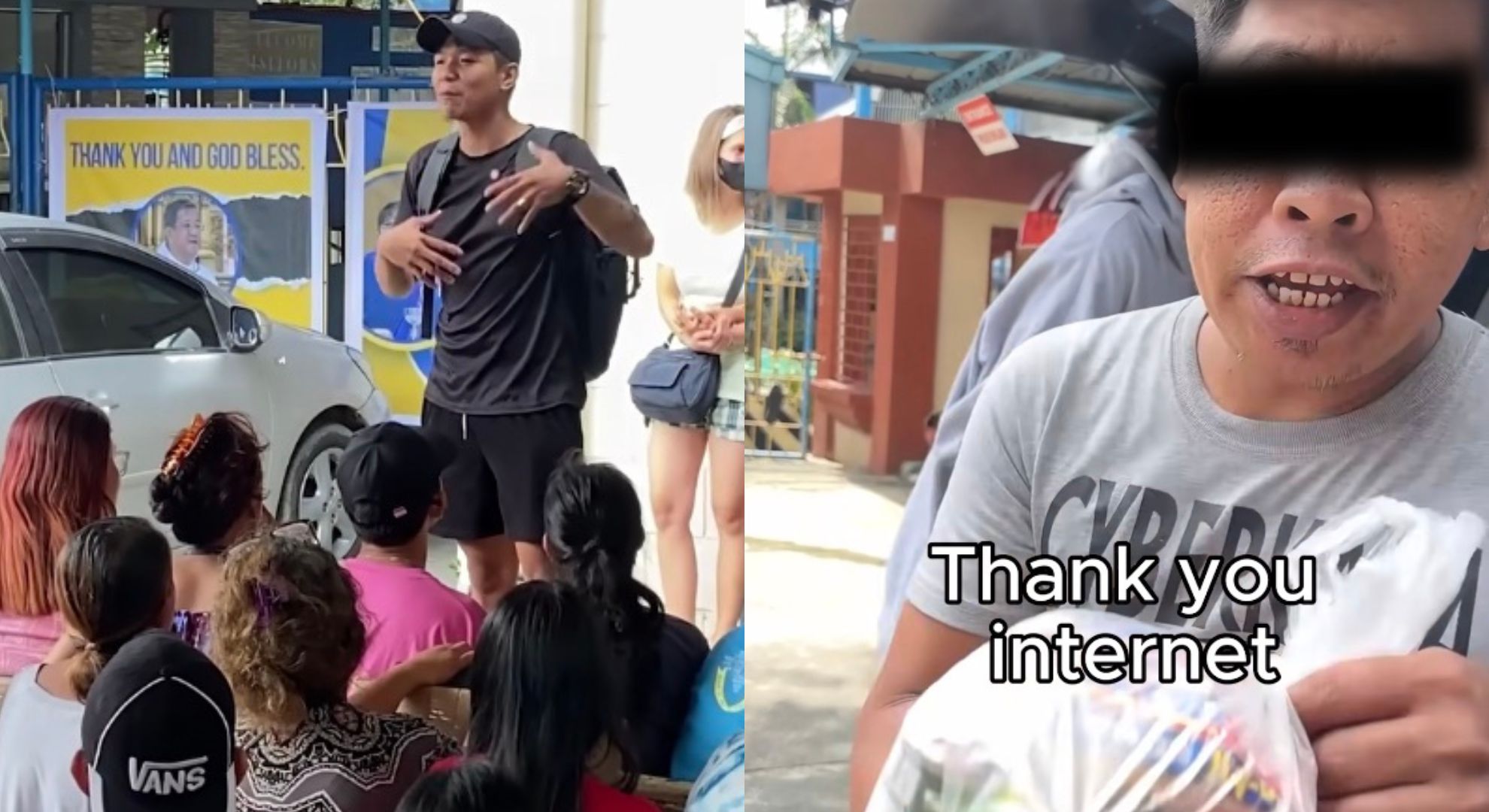In the digital age where content creation and social media influence often intersect with charitable endeavors, TPC NGA PALA (formerly the Typical Pinoy Crap page) stands out for their ethical approach to philanthropy. Their recent video, created for transparency and appreciation, showcases a donation drive for victims of Typhoon Carina in San Mateo and Rodriguez, Rizal, without the intrusion of advertisements. This decision, according to the content creator, reflects a commitment to dignifying the recipients rather than exploiting their plight.
TPC NGA PALA’s post, “Salamat, internet,” underscores the significance of authentic and respectful engagement in charitable activities. By eschewing advertisements, the creator ensured that the focus remained on the cause and the community, not on monetizing the content. This approach aligns with a growing sentiment among ethical content creators and influencers who are wary of “poverty porn” – a term used to describe the sensationalist portrayal of impoverished individuals for personal gain or entertainment.
The content creator’s message, “Ang video na ‘to ay walang ads at nilikha lang for transparency and appreciation sa ating naganap na donation drive para sa mga biktima ng Bagyong Carina dito sa lugar namin sa San Mateo at Rodriguez, Rizal, [“The video has no ads and was created solely for transparency and appreciation of our recent donation drive for the victims of Typhoon Carina here in our area in San Mateo and Rodriguez, Rizal]” highlights a transparent and appreciative attitude toward their audience and the community they serve.
In the video, TPC NGA PALA provides detailed information and full disclosure by counting the money and showing exactly where and how it was spent. TPC NGA PALA also encouraged the recipients of the goods to thank the “internet” instead of just their team, as the funds came not only from them but also from people who offered help and other content creators who extended their support. This transparency is pivotal in fostering trust and integrity in the digital content landscape, where audiences are increasingly critical of the motives behind philanthropic displays.
Content creators and influencers can learn from TPC NGA PALA’s example of how to engage in charity work with dignity and respect. Their approach emphasizes the importance of providing aid without compromising the dignity of beneficiaries, a principle that stands in stark contrast to the exploitative tendencies often observed in ‘poverty porn’ content. By focusing on genuine support and appreciation, TPC NGA PALA demonstrates that ethical content creation can effectively contribute to social good without the need for sensationalism or financial exploitation.
TPC NGA PALA has a record of upholding their principles. They have declined online gambling sponsorships, despite the financial incentives, emphasizing their commitment to not influencing others to gamble. However, like many influencers, TPC is not without flaws. They once used their platform to their advantage, such as when they released a song to diss a local telecom company and voice their complaints.
This practice not only benefits the recipients of aid but also sets a valuable example for other content creators. It shows the importance of philanthropy driven by compassion and respect, rather than by potential monetization or engagement metrics.
They proved that doing something like this is possible. Not accepting sponsors for charity videos, fully disclosing expenses, not taking all the credit, and protecting the dignity of relief recipients—these practices are rare, at least in the Philippines.
It would be nice to see more content creators follow suit.
Other POP! stories you might like:
‘New trend?’: Vlogger slammed for stealing pics, taking credit for others’ charity efforts
[Commentary] Do academic grades still reflect true competency in today’s education system?
A statement from Cinemalaya entry ‘Balota’ reflects public’s sentiments amid Super Typhoon Carina


